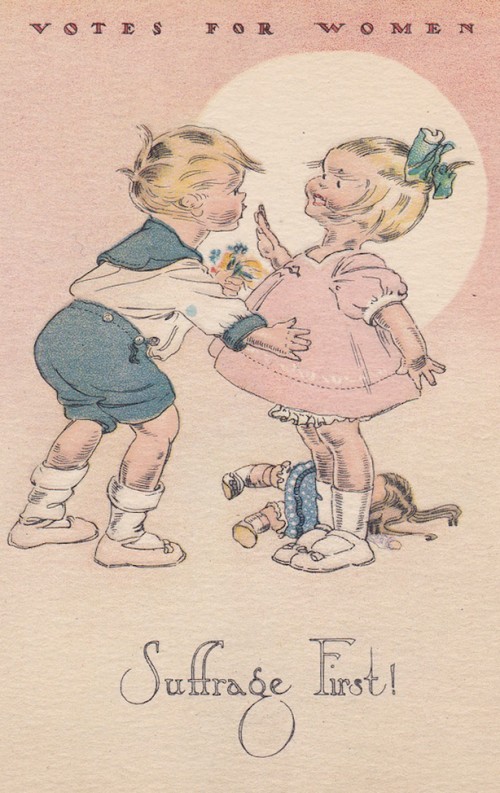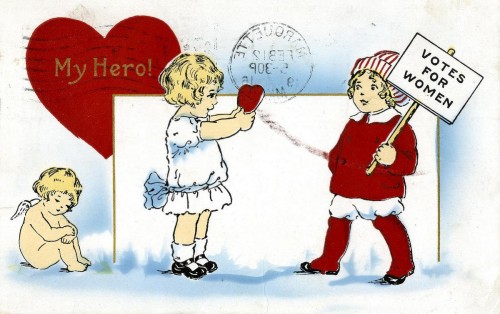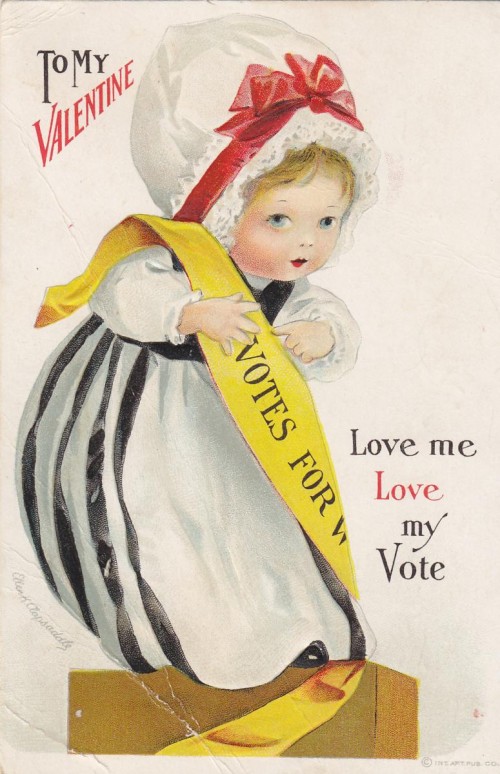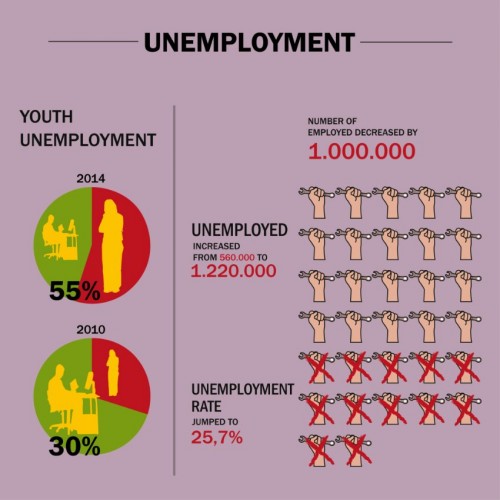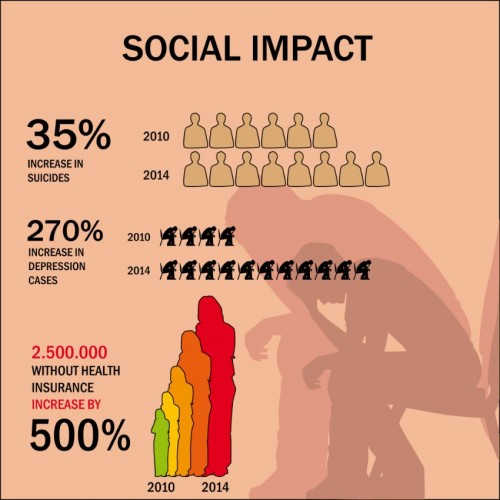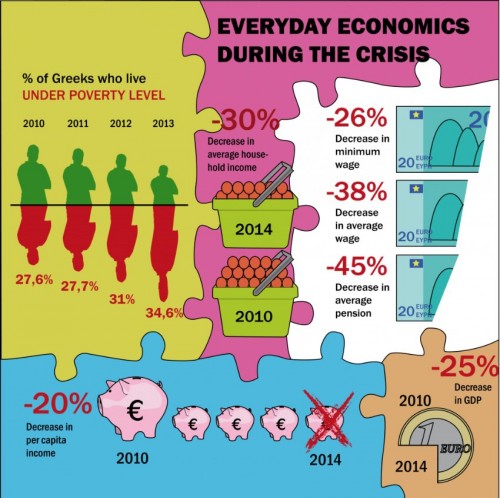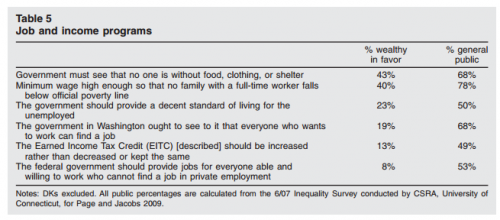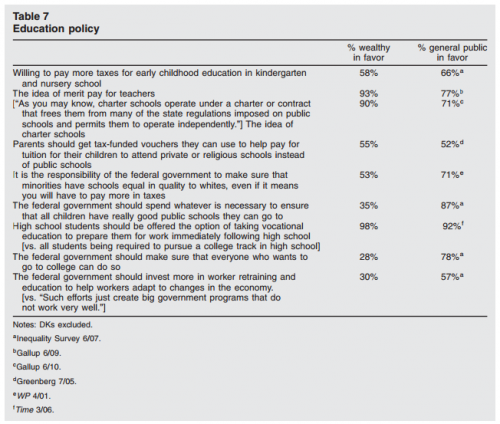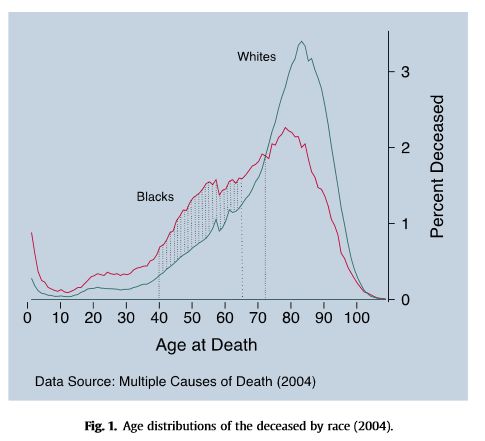On February 14th, 1920, suffragist Carrie Chapman Catt founded the League of Women Voters. The League would go forward where the suffrage movement left off, thanks to the passage of the 19th amendment granting the right to vote to women.
Before that day, suffragists had used Valentine’s Day as an opportunity to spread their message. This 1915 valentine suggests that there will be no love on Valentine’s Day until women get the right to vote:
This 1916 valentine suggests that women love men who stand up for their right to vote:
And this one from 1918 suggests that if men really loved women, they’d give them suffrage.
Happy early Valentine’s/League of Women Voters’ Day!
Via Ms. Magazine; images borrowed from the League of Women Voters.
Lisa Wade, PhD is an Associate Professor at Tulane University. She is the author of American Hookup, a book about college sexual culture; a textbook about gender; and a forthcoming introductory text: Terrible Magnificent Sociology. You can follow her on Twitter and Instagram.

